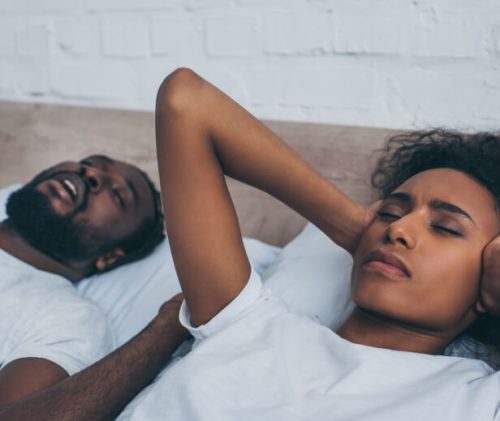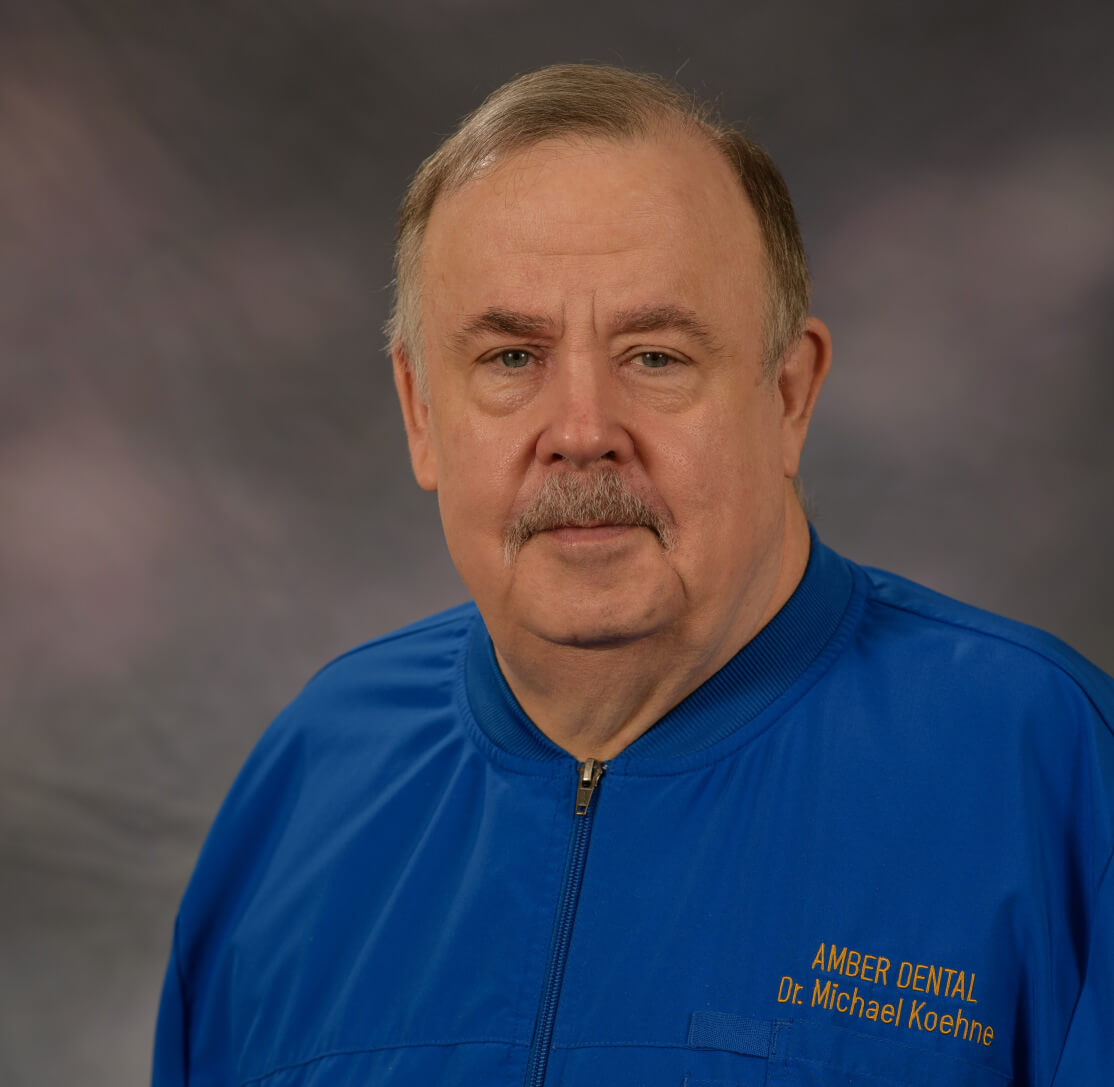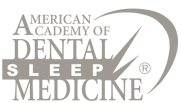For those who have never consulted a dentist about treatments for sleep apnea and snoring, it may be time to make an appointment.
Dental sleep medicine is a growing segment of dentistry that focuses on managing snoring and sleep apnea with oral appliance therapy (OAT) – an effective alternative to the standard continuous positive airway pressure (CPAP) machine and mask.
According to the American Academy of Dental Sleep Medicine (AADSM), up to 50 percent of sleep apnea patients do not comply with or tolerate CPAP.
According to the AADSM, 12-18 million adults in the U.S. have obstructive sleep apnea, which causes them to stop breathing up to hundreds of times a night for anywhere from a few seconds to more than a minute.

If left untreated, sleep apnea is a potentially life-threatening condition that can increase the risk for serious health problems from congestive heart failure, stroke, high blood pressure and heart disease to diabetes, obesity, depression and impotence.
CPAP has maximum benefit for patients only when they are willing and able to use it continuously, and unfortunately some patients are unable to do so. Dental sleep medicine focuses on managing sleep-disordered breathing like snoring and obstructive sleep apnea using oral appliance therapy – a very effective treatment option.
Oral appliance therapy (OAT) uses a mouth guard-like device worn only during sleep to maintain an open, unobstructed airway. OAT devices prevent the airway from collapsing by supporting the jaw in a forward position. For many, oral appliance devices are more comfortable to wear than a CPAP mask. The devices are also quiet, portable and easy to care for. Research suggests that oral appliance therapy offers a higher patient compliance rate than CPAP. There are more than 80 different styles of oral appliance devices that have received FDA clearance.
AADSM recommends oral appliance therapy for people with mild to moderate obstructive sleep apnea. Once a patient is diagnosed with primary snoring or obstructive sleep apnea by a board-certified sleep physician, a dentist trained in dental sleep medicine can provide treatment with OAT.
Oral appliance therapy also is recommended for severe sleep apnea patients if they are unable to tolerate CPAP. The side effects of oral appliance therapy are generally minor, including excessive salivation, muscle and tooth discomfort and, occasionally, joint discomfort, and most improve within a few weeks. Major adverse effects of OAT are uncommon but can include slight tooth movement, permanent changes in a patient’s bite, ongoing muscle soreness or loosening of dental restorations. Oral appliance therapy is often covered by medical insurance.
“Dentists trained in dental sleep medicine work in conjunction with a sleep physician and recommend a specific oral appliance device based on a patient’s personal needs,” said Dr. Koehne. “The important thing for patients to remember is that effective oral devices are always custom fit by a dentist and may need adjustments over time to ensure maximum effectiveness.”
The American Academy of Dental Sleep Medicine (AADSM) is the only non-profit national professional society dedicated exclusively to the practice of dental sleep medicine. The AADSM provides educational resources for dentists and promotes the use of oral appliance therapy for the treatment of obstructive sleep apnea and sleep-disordered breathing. Established in 1991, the AADSM has nearly 3,000 member dentists worldwide. Visit www.aadsm.org or call the national office at (630) 737-9705 for more information.

Dr. Koehne is a member of the American Academy of Dental Sleep Medicine. He has been treating sleep apnea patients since 2016. He has recently completed AADSM Mastery program and passed a rigorous certification exam, which provides dentists with the knowledge of the science and medicine of sleep breathing disorders and how dentists can help patients achieve a healthy night’s sleep. Dr. Koehne has taken over 225 hours of continuing education in dental sleep medicine.


